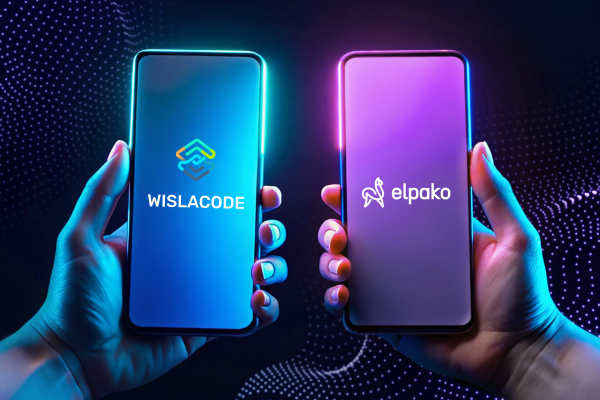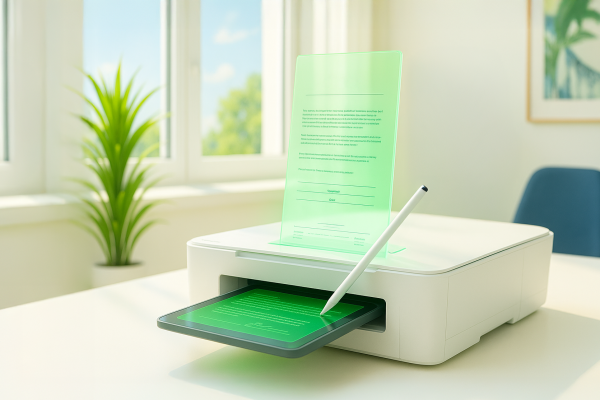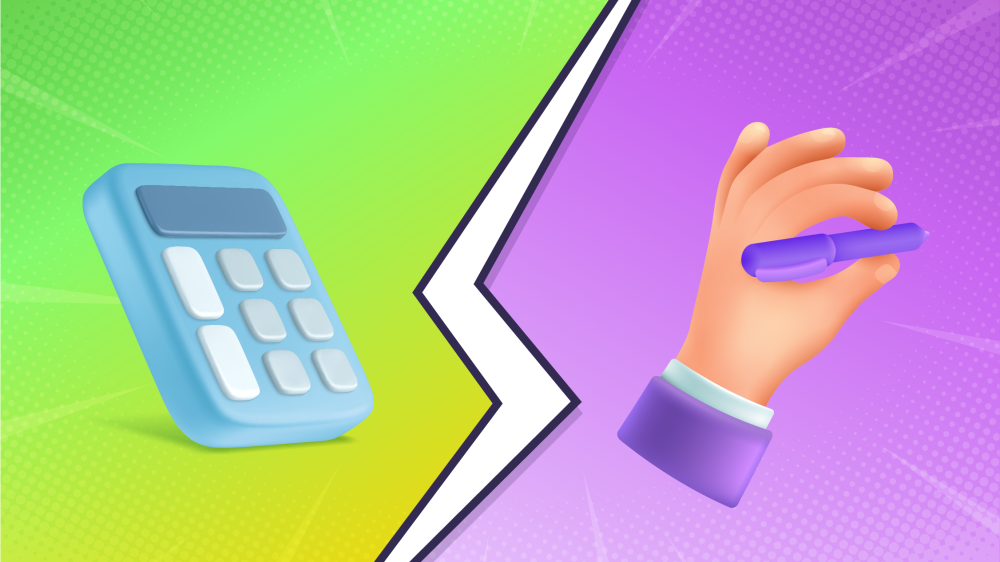
In today's fast-paced business world, staying competitive and efficient requires embracing digital transformation. A key aspect of this transformation is the digital management of documents—from creation to final signing. This process not only eliminates the need for paper documents but also significantly saves time and costs for companies.
Qualified electronic signatures and biometric signatures are two cutting-edge technologies that offer high levels of security and ease of use. In this article, I, Rokas Jašinskas, would like to share my insights on the benefits, differences, and suitability of these technologies for various business needs.

Rokas, Business Development Manager
Qualified electronic signature
Let’s start with the qualified electronic signature, which offers several crucial advantages:
- Legal validity: Electronic signatures used in the European Union are recognized under the eIDAS regulation, meaning a qualified electronic signature has the same legal standing as a handwritten one. This ensures the legality and reliability of your documents.
- Security: Qualified electronic signatures provide the highest level of security. When you sign electronically, advanced algorithms generate a unique digital code that verifies the authenticity of your document. This code is created using a private key that only you possess, ensuring that your signature is secure and solely yours.
- Integration: The electronic signature can be easily integrated into existing document management systems, so there’s no need to overhaul your entire workflow. With the interface or API provided by Elpako, connecting your systems with an electronic signing solution is straightforward. Additionally, Elpako web application allows you to conveniently and quickly sign documents online—anytime, anywhere.
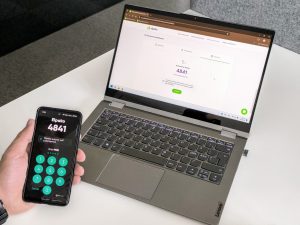
- Benefits: Electronic signatures enable remote signing, eliminating the need for physical contact. This is particularly important for international business or remote work. With speed and security as top priorities, electronic signatures significantly reduce the time required for document signing—no more waiting for postal deliveries or coordinating meetings with signatories. Moreover, they help reduce administrative costs by eliminating the need to print, store, and transport paper documents.
- Additional features: Elpako qualified signing system also offers features such as identity authentication, which is extremely useful in self-service systems, for registration, and login processes. Additionally, electronic signatures can be integrated into business processes along with electronic seals, document storage, and archiving, as well as verification of e-signatures and seals.
Biometric signature
Biometric signatures represent another advanced technology with specific advantages:
- Legal validity: According to the eIDAS regulation, biometric signatures meet the requirements for advanced electronic signatures across the European Union and are legally equivalent to handwritten signatures in Lithuania. Unique to each individual, biometric signatures reliably identify the signer, and their compliance with high ISO standards ensures their reliability in legal disputes. The signature data is encrypted, making it impossible to alter or forge, ensuring the integrity of both the document and the signature.
- Security: Signing documents with a biometric signature is both secure and convenient. The process is entirely digital, using a tablet and a stylus. When signing, your unique writing movements—such as pen tilt, pressure, and speed—are recorded, encrypted, and embedded in the document, guaranteeing the security of your signature. Additionally, Elpako enhances the protection of biometric signatures by using electronic seals and qualified time stamps.
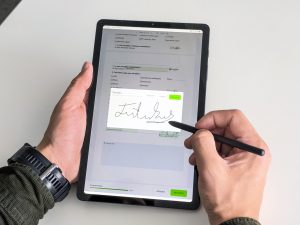
- Integration: Using a biometric signature is simple. Administrators can manage the process via Elpako web application on their computers, while the same app must be installed on any tablet used for signing. This setup allows for document signing without complex integrations. Signed documents and templates can be stored within the Elpako app. If you wish to integrate your document or business management system with a biometric signature, you can do so via API.
- Benefits: Biometric signatures greatly improve customer service. Imagine your clients signing documents directly on a tablet screen and receiving the signed documents via email within moments. This not only saves time and resources but also enhances the overall customer experience. This solution is particularly useful in reception areas, customer service centers, and mobile service points.
- Additional features: Elpako biometric signature application includes several additional features that simplify daily tasks. For instance, you can create document templates with pre-prepared fields, speeding up document preparation. The assistance mode allows employees to monitor clients filling out documents in real-time, enabling immediate intervention if needed to ensure accurate data entry. This not only increases work efficiency but also reduces the likelihood of errors, ensuring smoother processes.
Which technology is right for your business?
Both of these technologies have their strengths, but the choice depends on your business needs. If your operations focus on direct customer service, a biometric signature might be the better choice due to its convenience. If you work remotely or provide online services, a qualified electronic signature may be more suitable.
To ensure flexibility and meet diverse business needs, both technologies can be used together. For example, some documents could be signed online with a qualified electronic signature for legal protection and recognition, while others could be signed on-site with a biometric signature for speed and convenience. This approach allows companies to flexibly combine both technologies based on specific situations and needs.
When deciding which signature method is best for your business, it’s important to consider your operational specifics, customer service needs, and document management requirements.
If you have any questions or would like to learn more about these solutions, please contact me, Rokas Jašinskas, at +370 620 54 160 or via email at [email protected]. I am ready to answer all your questions.
